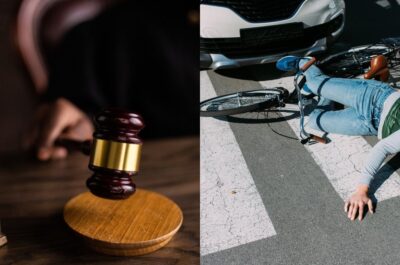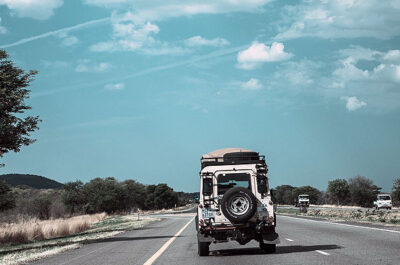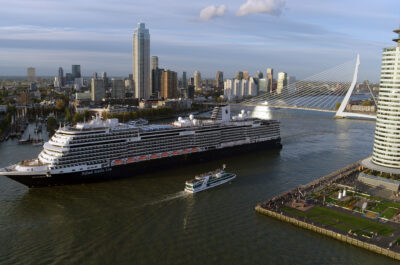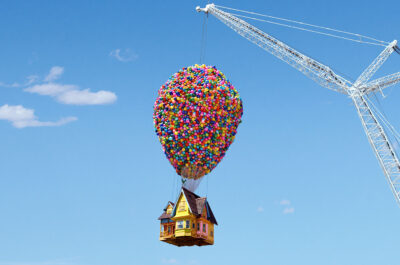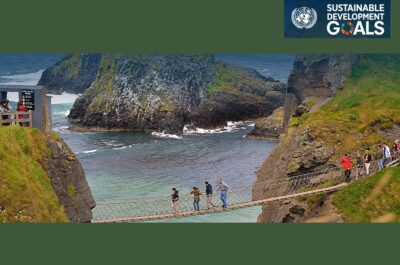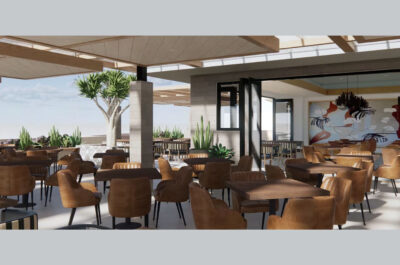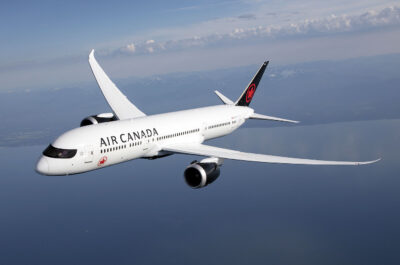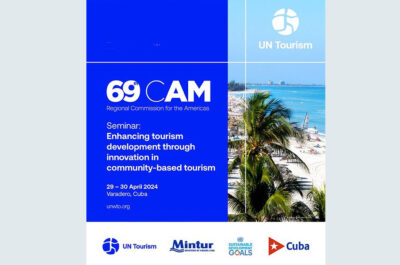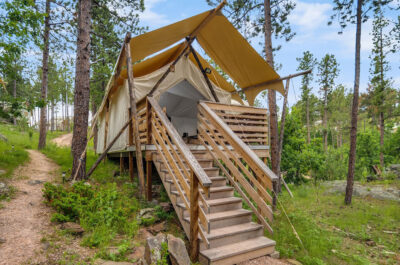…
Holidaymakers heading off to caravan and campsites across the UK will begiven essential safety warnings in a nationwide campaign that warns of the potentially fatal dangers of carbon monoxide (CO) poisoning.
With the season underway, more and more cost-conscious holidaymakers areopting to stay under canvas or in a caravan, but they need to be aware that fuel-powered camping equipment can be dangerous to your health – and even fatal.
Endorsed by campaigners the CO Angels, Practical Caravan, Practical Motorhome and Caravan Sitefinder, the posters and leaflets have been produced by Sprue Safety Products – the UK’s leading manufacturer and supplier of FireAngel CO alarms. The posters and leaflets will be
distributed to campsites and caravan sites throughout the UK and feature warnings including:
• Never take a barbecue into a tent, awning, caravan or motorhome. A warm,
smouldering barbecue will give off poisonous CO, which can kill quickly and
without warning, as it has no smell or taste
• Never place a lit barbecue near the sleeping area outside your tent
• Ensure your caravan has a carbon monoxide alarm
Nick Rutter, managing director of Sprue Safety Products, said: “Being CO aware and taking simple measures could literally save your life. Carbon monoxide is a highly poisonous, potentially fatal gas produced from fuel-powered camping equipment – including barbecues.With no colour, taste or smell, it is totally invisible to the human senses. Because the gas is so difficult to detect and the symptoms (such as headaches) so common to other complaints, many people can be poisoned without knowing it. Even exposure to low levels of the gas over just a few hours can be just as lethal as high levels over a short amount of time, causing lasting damage to your health.Reminding people of the dangers while they are on site will help to ensure they stay safe.”
How to avoid or reduce the risks:
• Never take a barbecue into a tent, awning, caravan or motorhome. A warm, smouldering barbecue gives off plenty of poisonous carbon monoxide (CO), which can kill
• Never use a fuel-burning appliance to heat your tent or awning. Gas and kerosene heaters – unless they are permanently fitted in a caravan or motorhome – should only be used outside. Stoves and barbecues are designed for cooking not space heating
• Never run a gas-, petrol- or diesel-powered generator inside a caravan, motorhome, tent or awning
• Ensure tents, campers, motorhomes, caravans, awnings and any other enclosed areas are adequately ventilated
• Don’t cook inside your tent or awning, unless there’s an area specifically designed for this purpose and you’re sure there is adequate ventilation. To work safely gas, meths and petrol stoves need more ventilation than your tent or awning is designed to provide and there’s also the risk of fire
• Always cook at least 2-3 metres away from your tent
• Don’t use any other gas, charcoal or liquid fuel appliances inside a tent or awning. Gas-powered fridges and lamps, for example, also need plenty of ventilation to prevent them producing poisonous carbon monoxide. Tents and awnings aren’t generally designed with this in mind
• Always have gas appliances in your caravan or motorhome serviced regularly
• When camping at high altitudes, the effects of CO are heightened and consequently, more care is required. Also, when alcohol or drugs are ingested the negative effects of CO inhalation are intensified
• Camping in cold weather is especially dangerous for CO poisoning because there is a frequent need for heating units and a strong tendency to stay inside due to the weather. Choosing other alternatives like electrical or battery-operated models is highly recommended
Warning Signs & Advice:
The early symptoms of carbon monoxide poisoning are similar to ‘flu’. They
can include:
• nausea
• dizziness
• tiredness
• headaches
• stomach pains
• chest pains
If you experience these symptoms, but feel better when you are outside or away from the appliance, you could be suffering from carbon monoxide poisoning.
More severe symptoms are respiratory problems and brain damage leading potentially to death. If you think you are suffering from CO poisoning get fresh air immediately and call the emergency services.
When you buy a CO alarm, make sure it meets current British and European safety standards. Look for alarms marked with the name of the European Standard ‘BSEN 50291:2001’ and with the ‘CE’ mark, which should be found on the packaging.
If you are concerned about the threat of CO poisoning whilst on holiday in the UK or abroad, you can take a battery-operated carbon monoxide alarm with
you.
Theodore is the Co-Founder and Managing Editor of TravelDailyNews Media Network; his responsibilities include business development and planning for TravelDailyNews long-term opportunities.
